“It’s about two children surviving family trauma. You feel their strength and feel they will survive”: Director Camilla Strøm Henriksen and star Ylva Bjørkaas Thedin on Phoenix
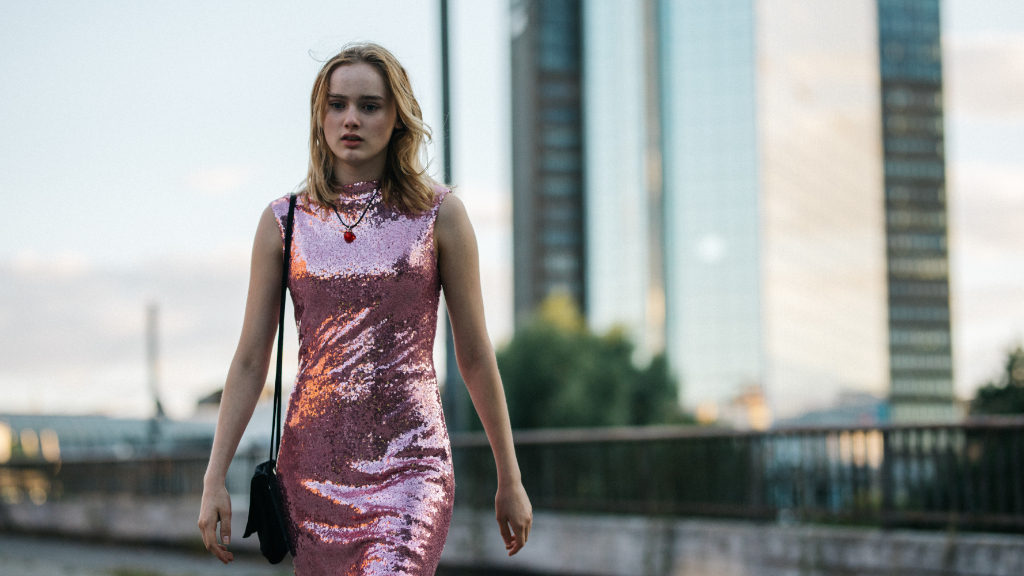
Phoenix is the debut feature from Norwegian director Camilla Strøm Henriksen. It follows a story of an unstable childhood, trauma and loss. For 14-year-old Jill (Ylva Bjørkaas Thedin) and her younger brother Bo (Casper Falck-Løvå), their experience of neglect and the responsibility they face taking on the role of grown ups is both haunting and remarkably brave. We spoke with the director and the film’s young star about the inspiration for this complex and gripping drama and the preparation it took to portray the character of Jill.
What was your inspiration for the film and its themes?
Camilla Strøm Henriksen: It is inspired from my own story, my own childhood experiences. I think that is why I found it very important to tell it. In a way, it was my story to share with other people. When you have traumatic experiences as a child and you work through them, I feel I can give some insight to share with other people but give it a fictional form. I wanted to tell a story but also make sure the other characters had a voice too. It is a lonely space, taking the responsibility of being a grown up, but not being one. To be [Jill], in that place, her feelings, that was the most important theme.
How did you go about the casting process and what were you looking for in your young protagonist, Jill?
CSH: That was a really long process! I cast [the film] in different stages, looking at many, many young girls and Ylva came in quite late to the process, at Easter when we were due to shoot in June! She spoke with me briefly before her audition, and her words stayed with me; she truly moved me on a very deep level. She actually has a very different background but it was a very intuitive decision.
Ylva, could you tell us a bit about the character you play in Phoenix and how you prepared for the role?
Ylva Bjørkaas Thedin: We did a lot of exercises together, working especially closely with the character of my onscreen mother, Astrid [Maria Bonnevie], and what it feels to have an unstable relationship with her. It’s such a contrast because my mother is actually really stable. It was very deep work and so important to share Jill’s story. I never would have been able to play this role without all the work we did, and we had to film all our roles together as mother and daughter within ten days as Maria had just had a baby! She’s is such a talented actress, I learnt a lot from her that I carried through the process.
Essentially, the film is centred around mental health issues and the effect these can have on families. What impact do you think your film will have on the viewer?
CSH: I think every viewer takes on what they want from every story. Essentially, [Phoenix] is about two children surviving family trauma. You feel their strength and feel they will survive. Jill doesn’t break, even though she and her mother are in an awkward relationship, she learns to protect her inner self. Jill dreams of idolising her father, she allows herself that, even when her father has gone. If anything, I think it is about learning to protect your integrity and that Jill lets her brother in too, she shows us that she is not just a tin soldier.
There are stark changes between the claustrophobic dark confines of their mother’s house, to the light airy minimalist space of their father’s, and then a slight supernatural element with the “creature” on the floor. Was that all intentional aesthetics?
CSH: Not in the first draft! I always wanted to make it a psychological piece, not just a kitchen sink drama, but to have some reality, and so I raised it up a level, adding [Jill’s] “swamp monster”, making her mother’s world clearly claustrophobic, darker and more organic in contrast to a less lived-in space by her father, but with more space to breathe.
There are some poignant moments where bread becomes a focus within the family. Is this symbolic in any way?
CSH: It is more about nourishment, and the “every day”, It’s a symbol of both, if anything. There is actually one scene where the mother cuts it too, and that represents hope.
The ending is open to a sequel, would you ever consider this?
CSH: I have been asked this a lot. At this point I wouldn’t, but maybe at a later date. At the moment I am starting a new project. I left it an open ending because I felt it was more honest…
Ezelle Alblas
Phoenix is released in select cinemas on 13th September 2019. Read our review here.

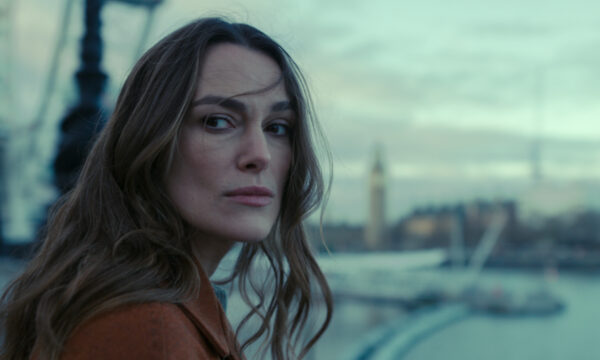
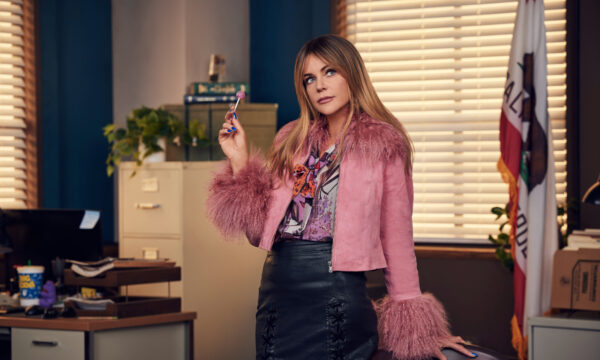
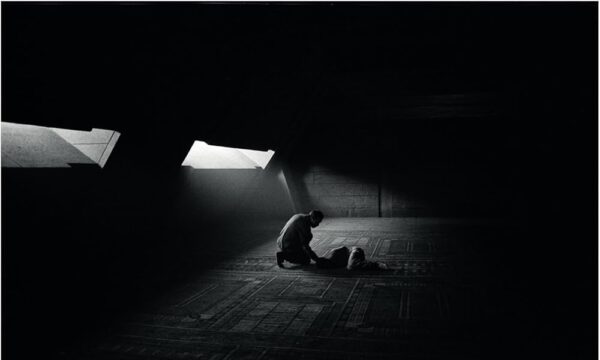
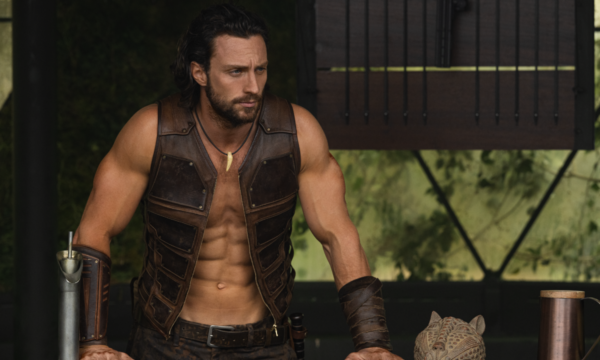
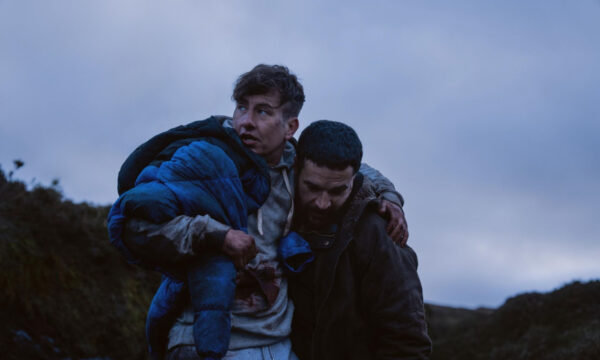
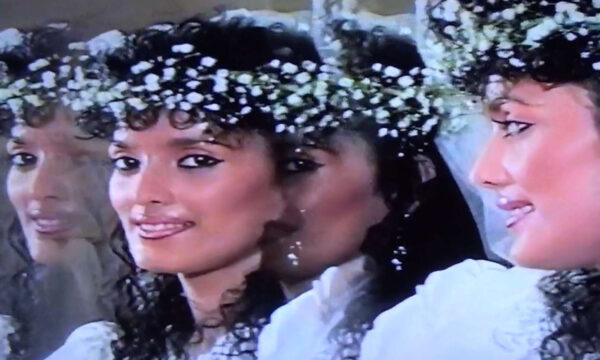
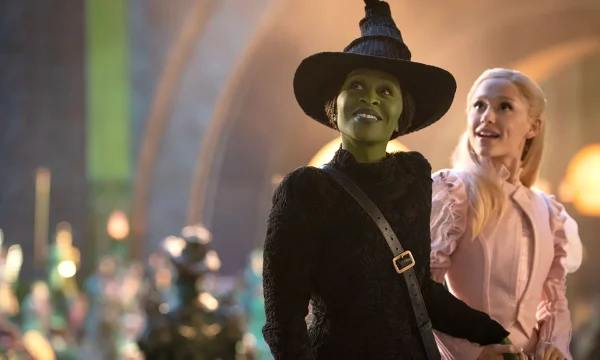
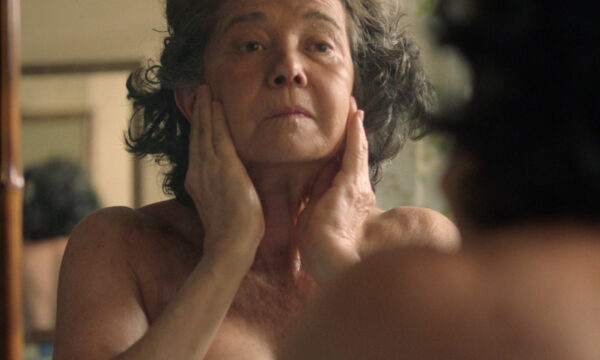
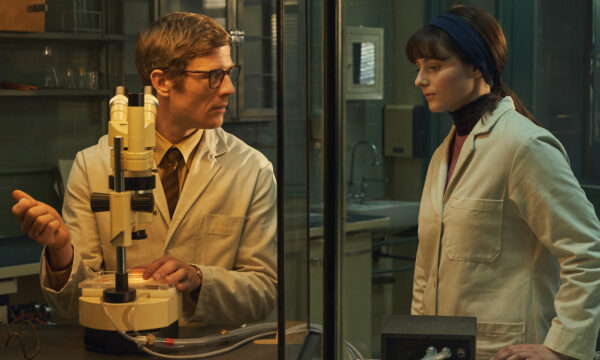









Facebook
Twitter
Instagram
YouTube
RSS